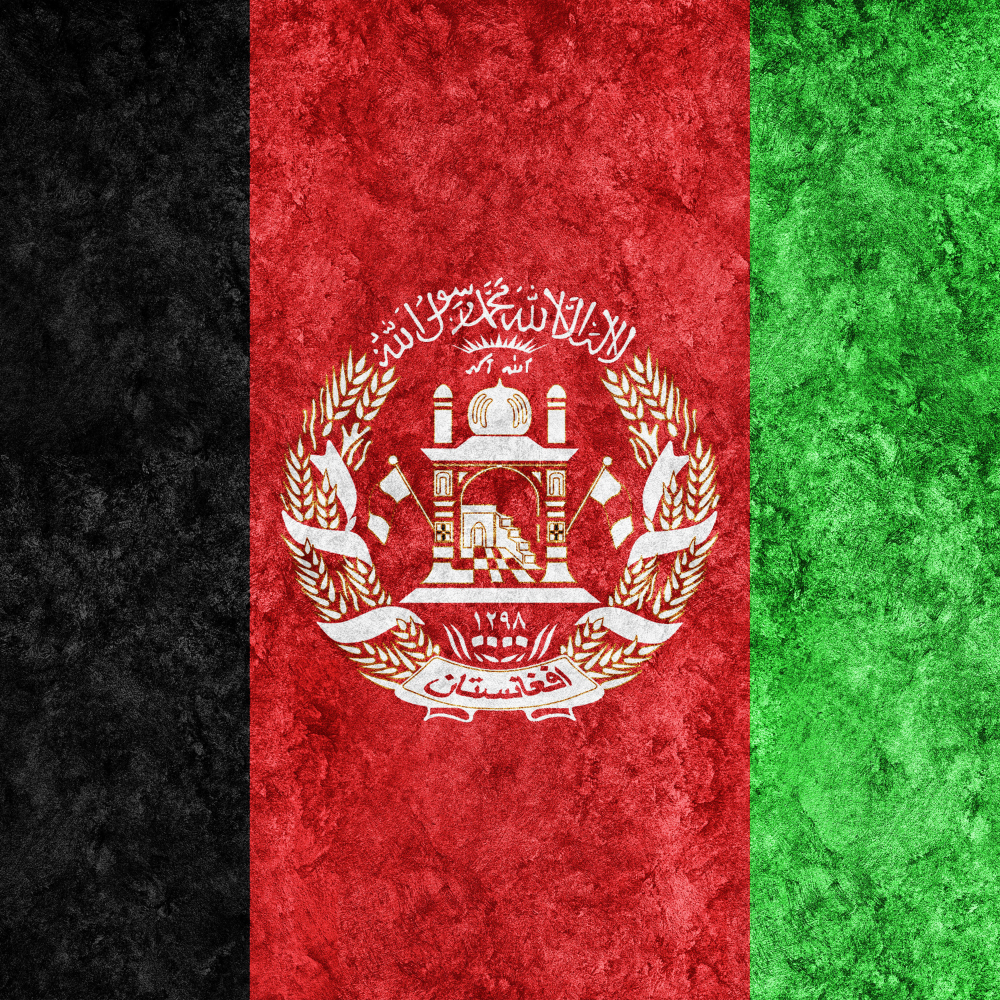
The UN warns that Taliban restrictions on women working for non-governmental organizations pose a threat to Afghanistan's economic recovery. The United Nations Development Programme stated that the prohibition on Afghan women working for the UN could cause a precipitous decline in donations.
According to the report, the number of families living in poverty nearly doubled in two years. The Taliban stated that decisions regarding humanitarian aid should be divorced from politics.
The economic collapse of Afghanistan was precipitated by the Taliban's takeover in 2021 and the freezing of foreign aid to the previous regime. Already, 90% of the population, or 34 million people, live below the poverty line. Two-thirds of Afghans do not know when their next meal will be.
Inflows of foreign aid through various UN agencies, coupled with improved security conditions, a reported decrease in corruption, and improved tax collection by the Taliban government, were cited as causes for optimism in the UNDP report.
The report emphasized on the fact that the economy cannot be revived if women are unable to work, and future economic growth is constrained by underinvestment in girls' and women's education. The Taliban prohibited Afghan women from working for non-governmental organizations a year ago. Girls were also prohibited from secondary schools and universities.
When the Taliban retook control of Afghanistan in August 2021, the international community froze billions of dollars in Afghan assets held abroad, pending the Taliban's fulfillment of their promises regarding security, governance, and human rights, including the education of all females. Since then, the United Nations and other non-governmental organizations have played an essential role in preventing Afghans from starving.
Roughly 150 NGOs and humanitarian organizations have suspended all or a portion of their operations. Mairaj Mohammad Mairaj, director of general revenue for the ministry mentioned that all humanitarian aid and donations on the ground should not be limited to these issues. "According to Islam, it is our responsibility as men to care for our women while they are at home." The previous regime, according to Mr. Mairaj, was riddled with corruption and abuse of power.
More than a million male and female students have been forced to quit school to support their families. Among them are Said Ali Akbar and his older sibling Ali Sena. In Kabul, they hammer and weld for nine hours per day to earn just 150 Afghanis, or less than $2. Their father, who lost his position when the economy collapsed, has now relocated to Iran in search of employment. Their mother, Lila, is a street beggar.
According to the UNDP report, the majority of Afghanistan's 5.1 million households are forced to borrow money to purchase food. Earlier indicators of recovery, such as an increase in exports, an anticipated increase in fiscal revenue, and a decrease in inflation, have been fueled by international aid totaling $3.7bn in 2022, according to the UNDP.
Lila told sources that he felt awful that his young children had to work when it was their time to study and become something. However, as he is struggling to find work life has been hard for them and they have to provide for the family.



